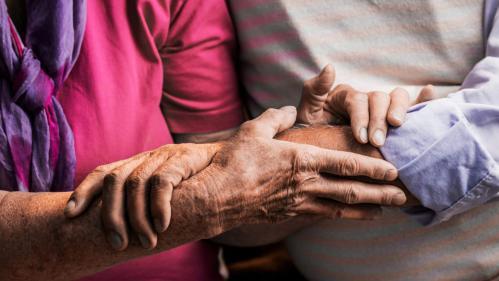The Palliative Aged Care Outcomes Program aims to systematically improve palliative and end-of-life care outcomes for older Australians, and their families.

The Palliative Aged Care Outcomes Program aims to systematically improve palliative and end-of-life care outcomes for older Australians, and their families.
The Palliative Aged Care Outcomes Program, or PACOP, is dedicated to significantly improving care outcomes for all Australians in aged care settings, focusing on those approaching end of life. Residential aged care homes are often a person's final place of residence, with approximately 65,000 people dying in residential aged care homes each year. PACOP assists aged care homes in embedding standardised assessments to ensure changing care needs are recognised and responded to promptly.
PACOP provides education and training to the aged care workforce, strengthening the ability to deliver high-quality palliative and end-of-life care. PACOP returns a report suite to participating aged care homes on the outcomes of the care they provided to inform continuous quality improvement plans and evidence achievement of improvement over time.
It is essential that aged care homes and providers are able to identify and respond to palliative and end-of-life care needs to deliver meaningful, culturally safe, and inclusive palliative care. By providing a consistent national framework to drive systematic improvement in palliative and end-of-life care, PACOP aims to directly contribute to the overall strengthening and resilience of the Australian aged care system.
PACOP is a national palliative aged care program funded by the Australian Government Department of Health, Disability and Ageing.
Building 232, Level 2 (Mike Codd) Innovation Campus, University of Wollongong, NSW 2522